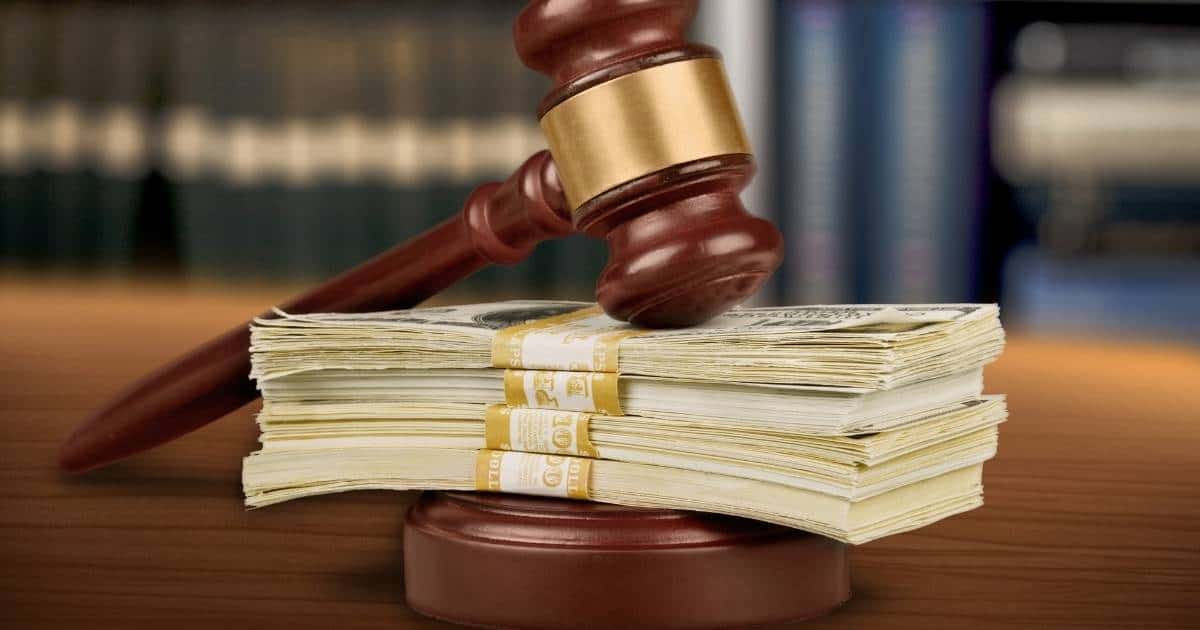What Are Punitive Damages In A Personal Injury Case?
As the results of a lawsuit, based on the judge’s findings for the case and the jury’s decision, the judge can award compensatory damages and punitive damages (also called exemplary damages).
Compensatory damages cover the actual expenses of the plaintiff and may include some amount of compensation for pain and suffering.
Punitive damages are a punishment for the defendant. They may be a ruling on top of the compensatory damages. Punitive damages in large amounts are the types of judgments that make headlines.
Punitive Damages Set an Example
Punitive damages are an addition to a judgment if the court feels that the defendant acted negligently with malice. Suppose the defendant knew or should have known that what the defendant was doing would cause a personal injury. In that case, the court may consider the defendant’s action, or lack of taking action, to be so egregious that punitive damages are warranted.
The idea of punitive damages is to deter the defendant and others from continuing with conduct similar to the behavior that caused the lawsuit.
Limits on Punitive Damages
The state of Nevada, under NRS 42.005, has a limit on punitive damages of $300,000 or three times the compensatory damages, whichever is more.
California does not have a limit on punitive damages. However, the plaintiff must show that the defendant’s harmful conduct included fraud, malice, or oppression.
Fraud is when the defendant knowingly misrepresents or conceals some fact. Malice is when the defendant had the intent to cause the injury. Oppression occurred when the defendant engaged in despicable conduct that most people would find base, contemptible, or vile, and the defendant knowingly disregarded the plaintiff’s rights.
There must be compensatory damages for punitive damages to be awarded in California. The typical range of punitive damages is three to nine times the compensatory damage award.
Factors Determining the Amount of the Punitive Damage Award
In California, it is difficult to receive a punitive damage award as part of a personal injury lawsuit. An example where they do apply is when the defendant who caused the accident was intoxicated.
Factors are taken into consideration when the jury awards punitive damages.
These factors include the following:
- The defendant’s wealth: As a general guideline, with some exceptions, up to 10% of the defendant’s net worth is considered reasonable for punitive damages under federal laws.
- How wrong was the defendant? Punishment for a mistake is usually less than punishment for the intentional disregard of others’ safety.
- Have a reasonable relation to the amount of harm caused: Even though there is no limit in California, the U.S. Supreme Court held that punitive damages cannot be excessive under federal law.
To get an award for punitive damages in California is not easy. Usually, it is possible in cases that contain willful or intentional conduct, such as an assault and battery case. You will definitely need representation by competent legal counsel, so if you experience a personal injury that could involve punitive damages, call (281) 475-4535 to get a free consultation on your case and learn how to protect your rights.


